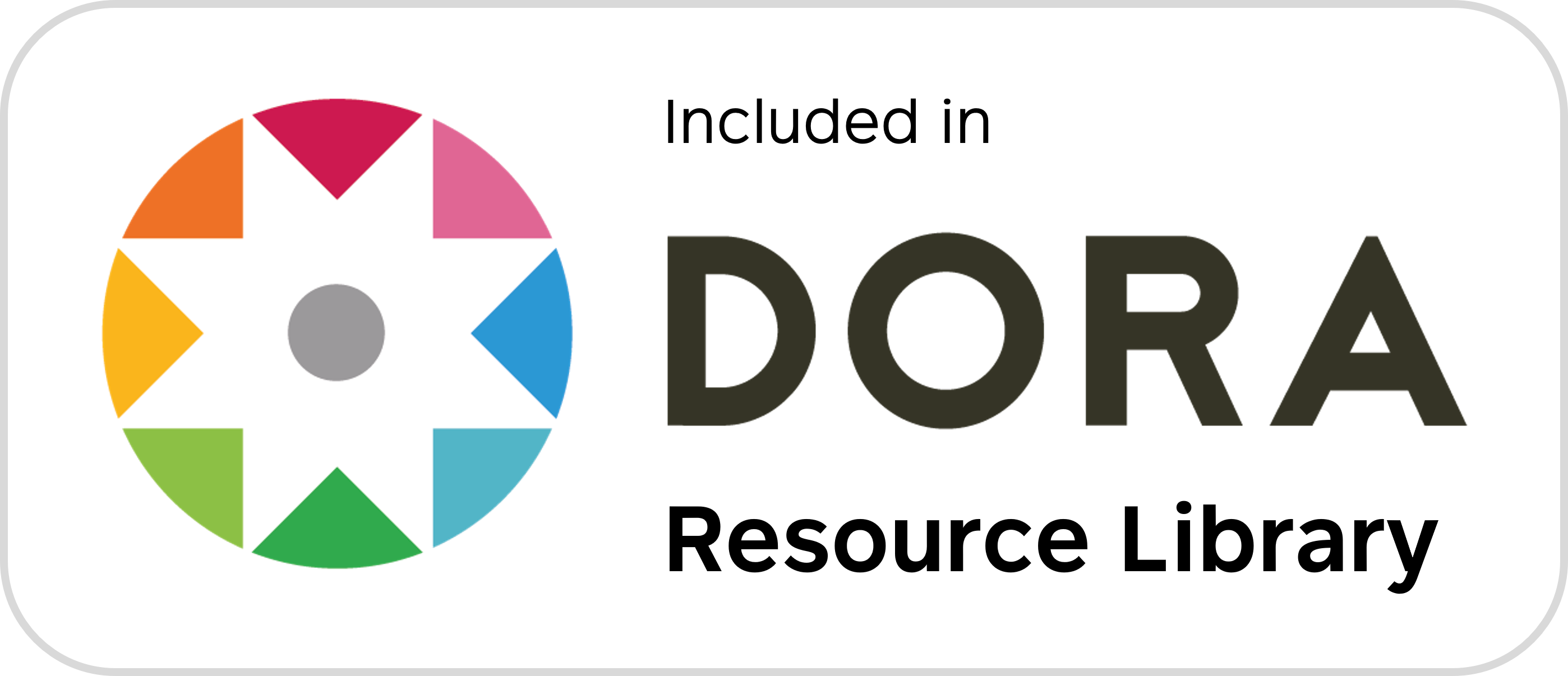- Make a Submission
- Focus and Scope
- Editorial Team
- Reviewers
- Author Guidelines
- Reviewer Guidelines
- Article Template
- Article Publishing Charge (APC)
- Publication Process
- Publication Ethics
- Plagiarism Policy
- Recommended Tools
- Open Access Statement
- Copyright and License
- Archiving Policy
- Crossmark Policy
- Indexing
- Scopus Citedness
- Contact Us
Publication Ethics
Advances in Educational Innovation (AEI) is committed to maintaining the highest standards of ethics in publication to ensure the integrity and quality of the research published. Our publication ethics policies are guided by the principles of transparency, fairness, and respect for all participants in the publishing process. We adhere to the guidelines set forth by the Committee on Publication Ethics (COPE).
Duties of Authors:
-
Originality and Plagiarism: Authors must ensure that their work is original and free from plagiarism. Proper acknowledgment of the work of others must always be given.
-
Data Access and Retention: Authors should be prepared to provide raw data related to their manuscript for editorial review and must retain such data for a reasonable time after publication.
-
Multiple, Redundant, or Concurrent Publication: Authors should not publish manuscripts describing essentially the same research in more than one journal or primary publication.
-
Authorship of the Paper: Authorship should be limited to those who have made a significant contribution to the conception, design, execution, or interpretation of the reported study. All significant contributors should be listed as co-authors, and others who have participated in certain substantive aspects should be acknowledged.
-
Disclosure and Conflicts of Interest: Authors should disclose any financial or other substantive conflict of interest that might influence the results or interpretation of their manuscript. All sources of financial support for the project should be disclosed.
-
Fundamental Errors in Published Works: When an author discovers a significant error or inaccuracy in their published work, it is the author’s obligation to promptly notify the journal editor or publisher and cooperate with the editor to retract or correct the paper.
Duties of Reviewers:
-
Confidentiality: Reviewers must treat manuscripts received for review as confidential documents. They must not be shown to or discussed with others except as authorized by the editor.
-
Acknowledgment of Sources: Reviewers should identify relevant published work that has not been cited by the authors. Any statement that an observation, derivation, or argument had been previously reported should be accompanied by the relevant citation.
-
Standards of Objectivity: Reviews should be conducted objectively, and observations should be formulated clearly with supporting arguments, so that authors can use them for improving the paper.
-
Promptness: Reviewers should complete their reviews within the specified timeframe to facilitate timely processing of submissions.
Duties of Editors:
-
Publication Decisions: The editor is responsible for deciding which of the articles submitted to the journal should be published. The decision should be guided by the journal’s policies and constrained by legal requirements regarding libel, copyright infringement, and plagiarism.
-
Fair Play: An editor should evaluate manuscripts for their intellectual content without regard to race, gender, sexual orientation, religious belief, ethnic origin, citizenship, or political philosophy of the authors.
-
Confidentiality: The editor must not disclose any information about a submitted manuscript to anyone other than the corresponding author, reviewers, potential reviewers, other editorial advisers, and the publisher, as appropriate.
-
Disclosure and Conflicts of Interest: Unpublished materials disclosed in a submitted manuscript must not be used in an editor’s own research without the express written consent of the author.
By adhering to these ethical standards, AEI ensures the credibility and reliability of the research it publishes, fostering a trustworthy and respected academic environment.













